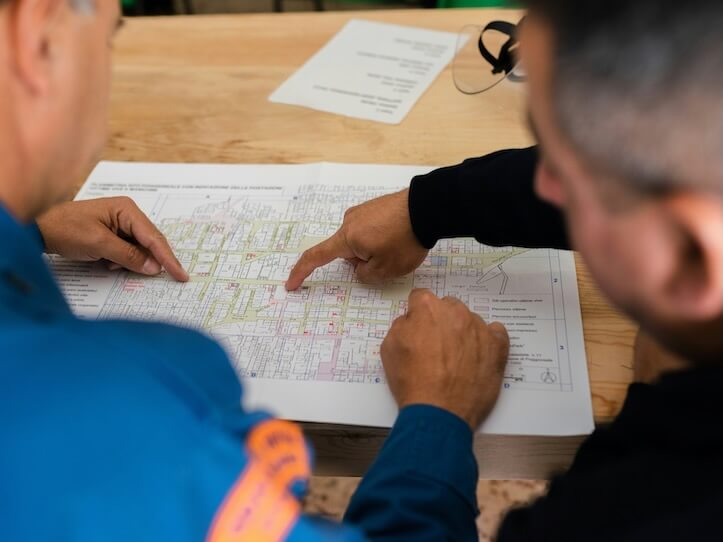Reports from the U.S. Bureau of Labor Statistics indicate that there’s a growing demand for professionals with engineering degrees. In fact, this is one of the nation’s fastest-growing professions with an estimated 195,000 new job openings becoming available per year. Some branches of the field are more in demand than others with the greatest call being for software, electrical, and industrial engineers. Still, the need for people with all types of engineering expertise is on the rise.

What to Expect in an Engineering Degree Program
In light of the uptick in demand, a growing number of people are pursuing engineering degrees. This field is particularly suited to people who have strong math and science skills, and earning an engineering degree requires time, dedication, and problem-solving capabilities. If you’re interested in pursuing an engineering degree program, knowing what to expect along the way will help you prepare for the journey ahead.
A Demanding Curriculum
For one, engineering programs have particularly demanding curricula. You’ll have a heavy course load in this type of program with advanced courses in math, physics, and chemistry from the beginning. These core classes help you build the analytical skills you’ll need later on in the program.
As you move up in your education, you’ll work your way into more specific subjects depending on the specialty you’re pursuing. For example, if you’re studying mechanical engineering, you might have courses in thermodynamics, fluid mechanics, and materials science. In civil engineering, you’ll study structural analysis and geotechnical engineering. If you choose electrical engineering, you’ll delve into circuits, electromagnetics, and digital systems.
Hands-On Learning Experiences
Not all of your courses will focus solely on book work. You’ll also have numerous labs and other opportunities for hands-on learning. In those situations, you’ll conduct experiments, analyze data, and learn how to use engineering tools and software. Those are only a few of the activities you’ll participate in. They’ll help you apply what you learn to real-world scenarios. Many engineering students feel that this is the most exciting and rewarding part of their programs.
Learning the Value of Teamwork
Additionally, you’ll learn the value of teamwork during your engineering program. You’ll work closely with fellow students on labs, presentations, reports, and other projects. That’ll help you learn to work smoothly and effectively with people who have diverse backgrounds and skill sets, and it’ll aid in developing good communication skills along with many other benefits. That, too, will be invaluable when the time comes to put your engineering degree to work.
Internships and Co-Ops
Most engineering students participate in internships or co-op programs while earning their degrees. They offer the opportunity to truly use your classroom learning in practical situations and help you build real-world experience. They also give you a chance for networking. Some programs give students academic credit for internships and co-ops, and many employers use them as resources for finding new employees.
Pursuing Your Engineering Degree
With the demand for engineers growing, earning your degree in this field is sure to make you an attractive candidate for employers and give you job security. Several career paths are available in engineering, so you can pursue the one that appeals to your interests and best suits your strengths. The journey to an engineering degree is challenging no matter which path you follow, but your hard word and dedication will inevitably pay off in the long run.
People also read this: Common Commercial Fire Hazards You May Be Overlooking

